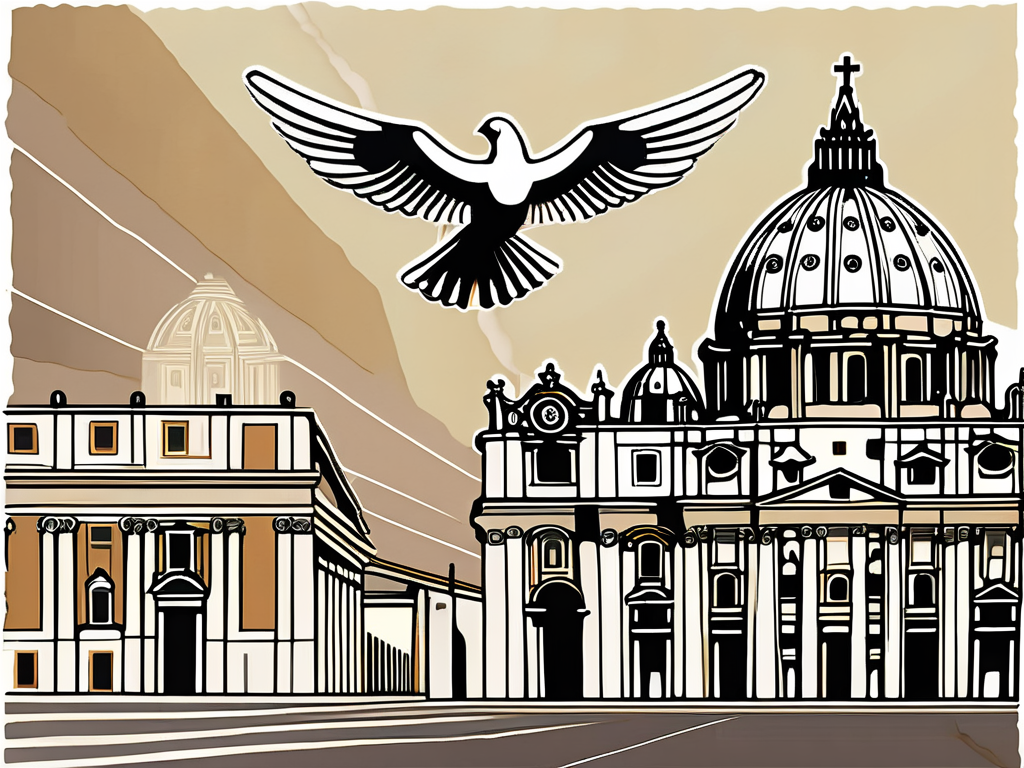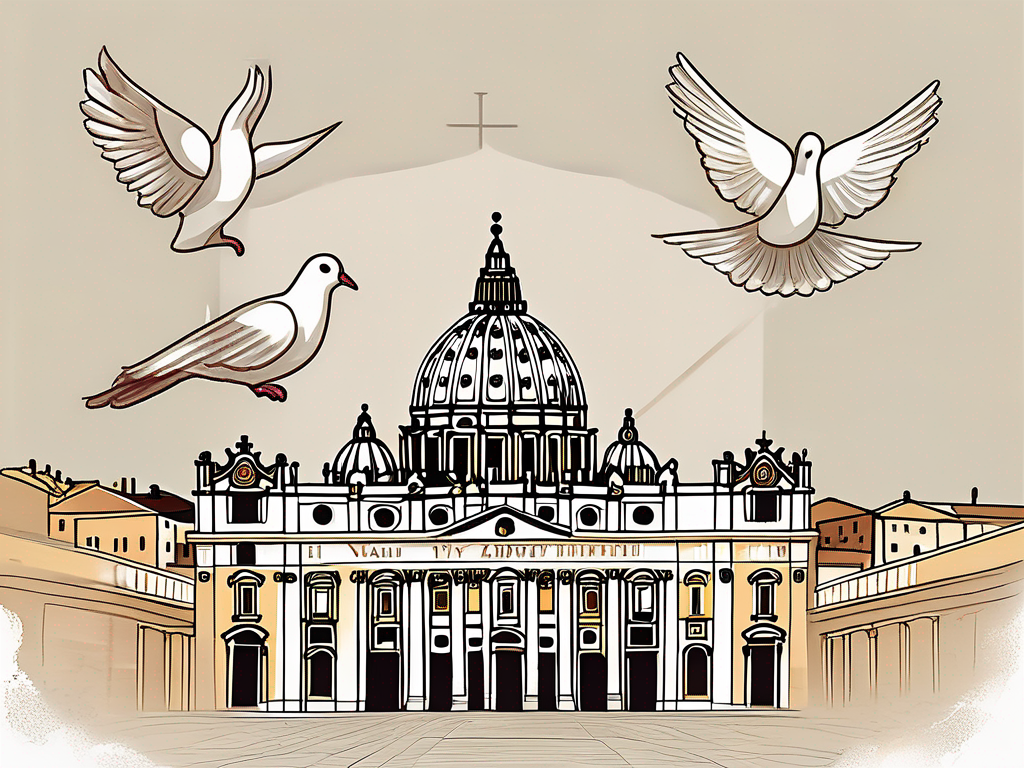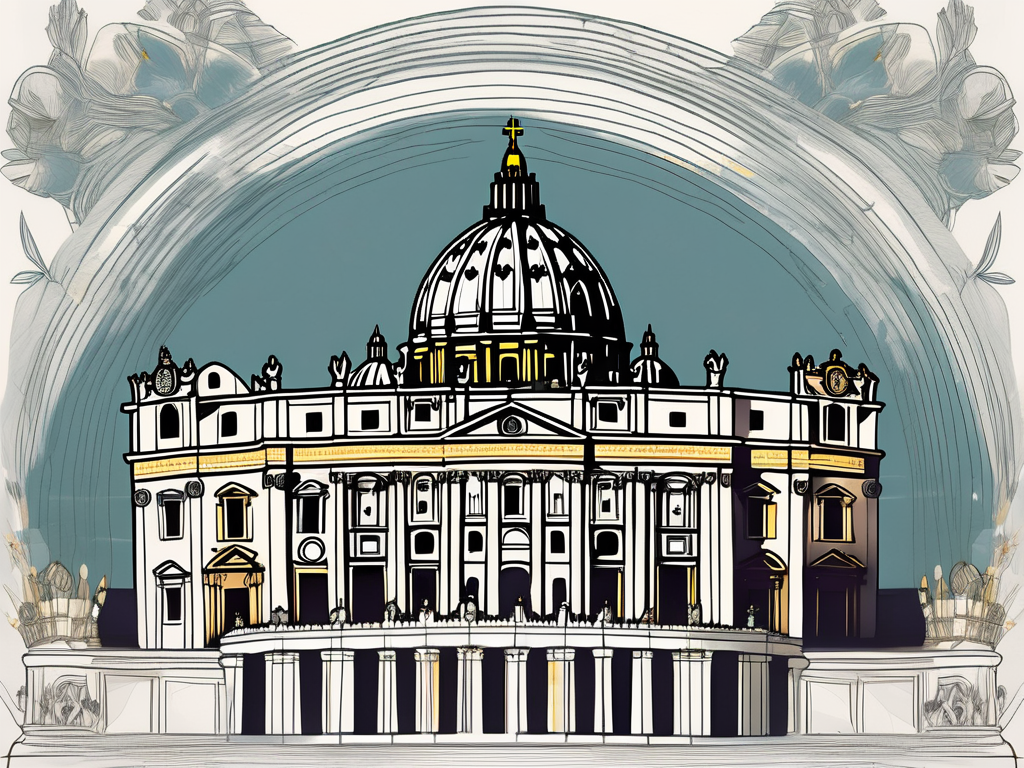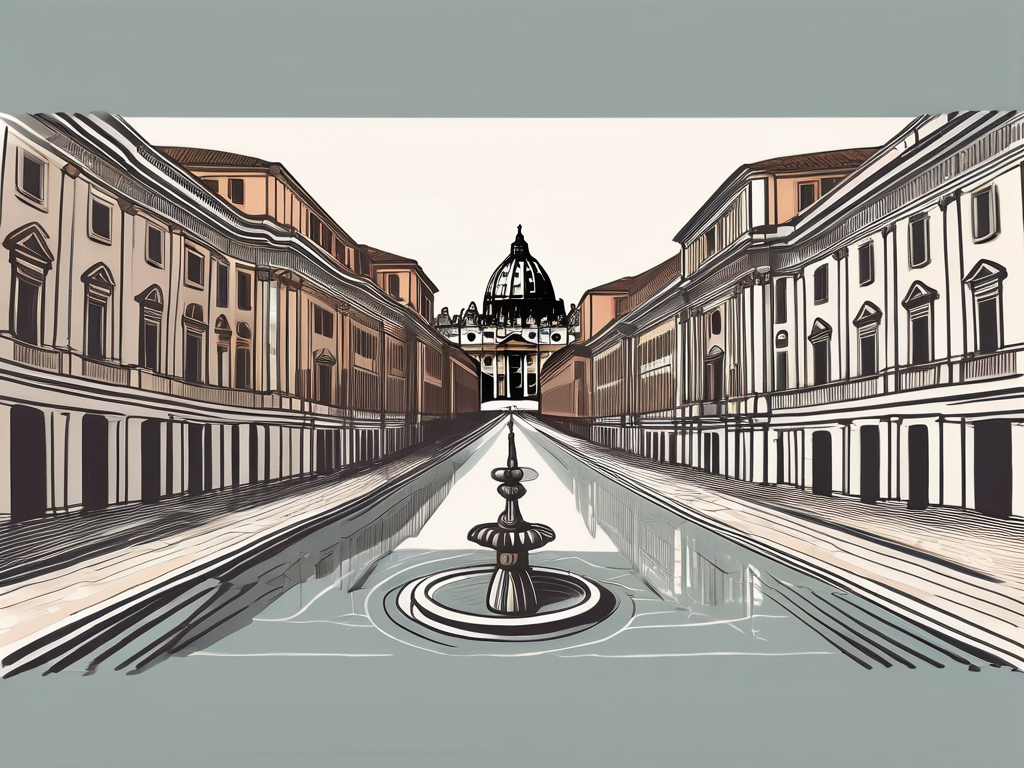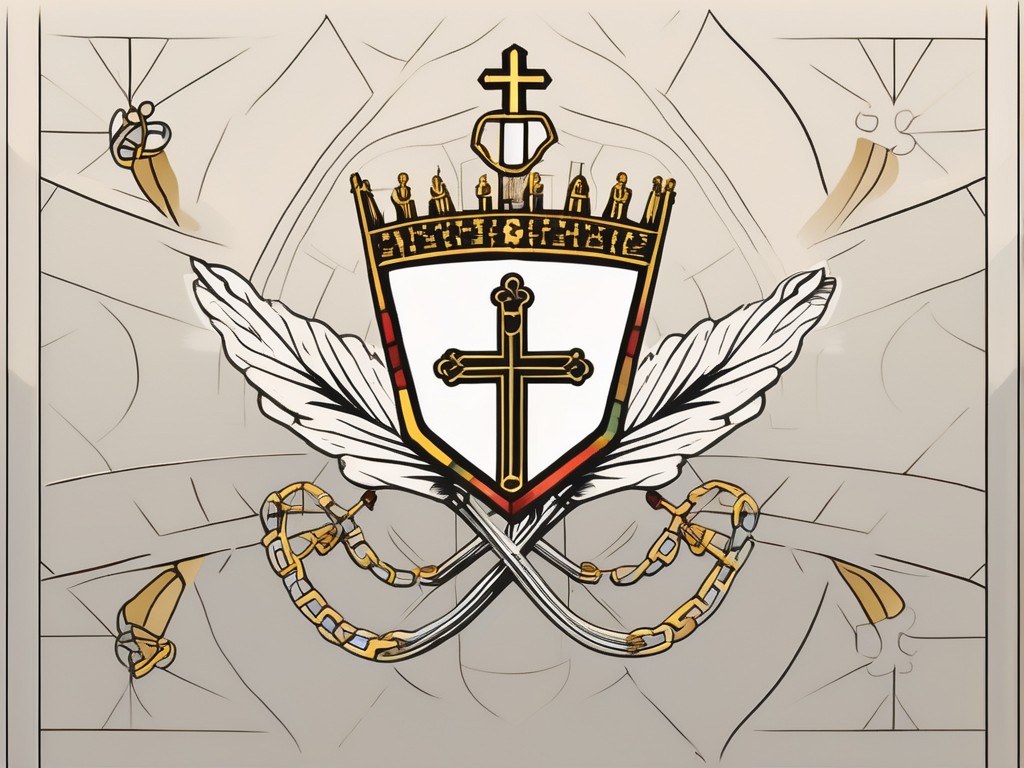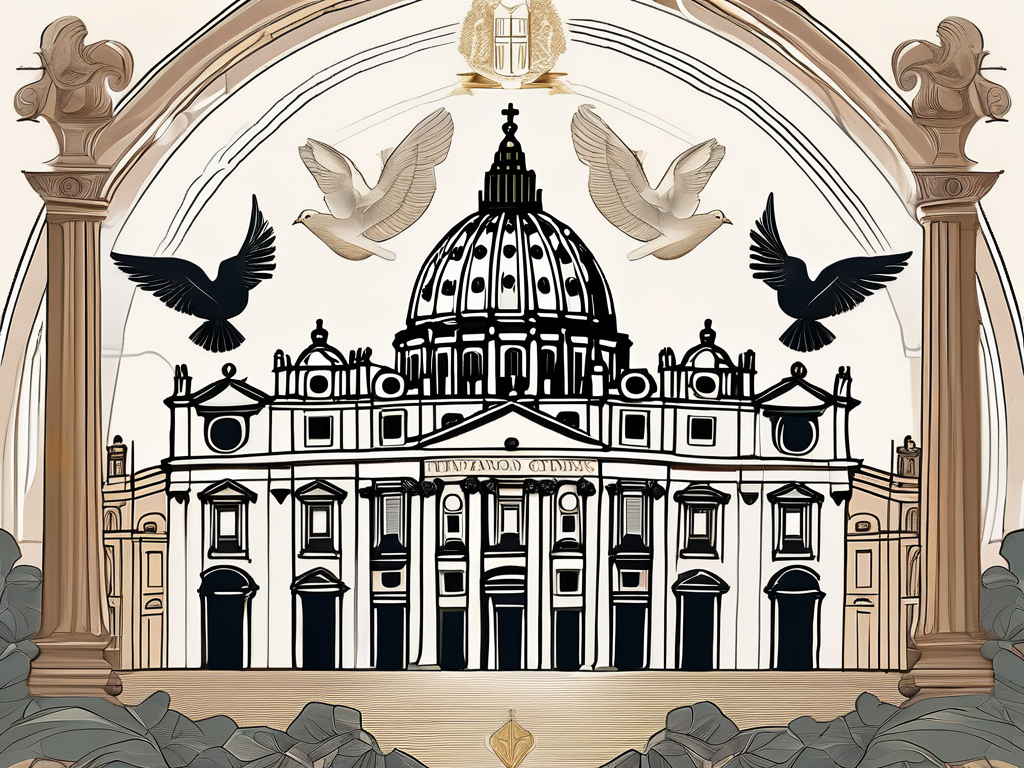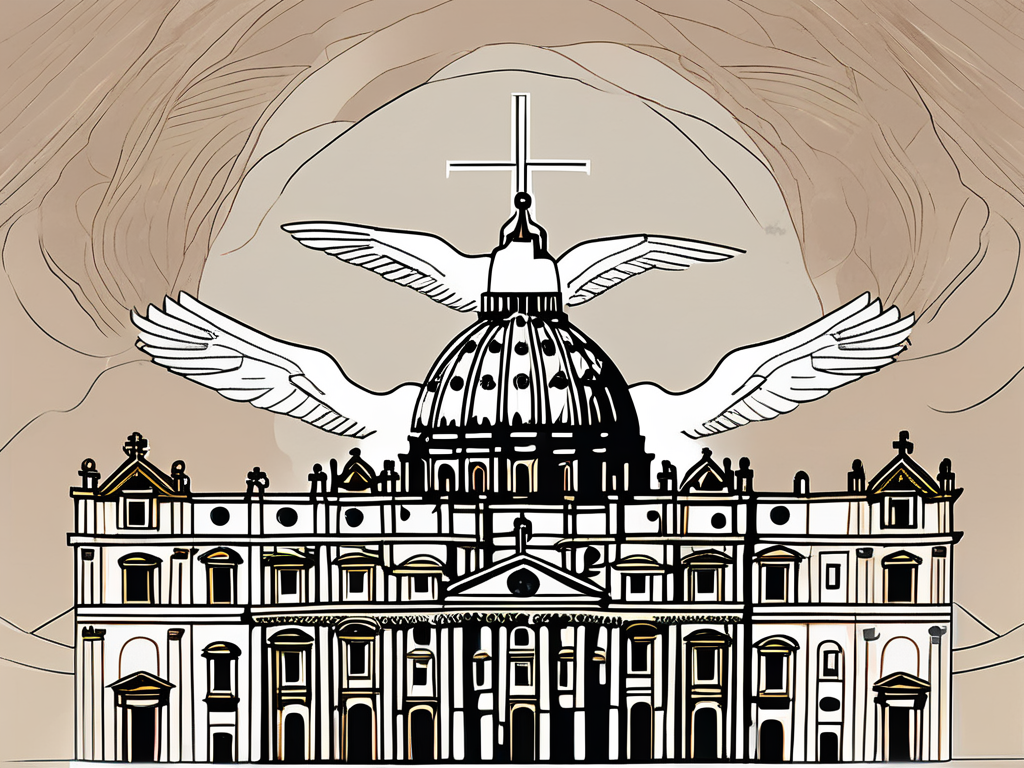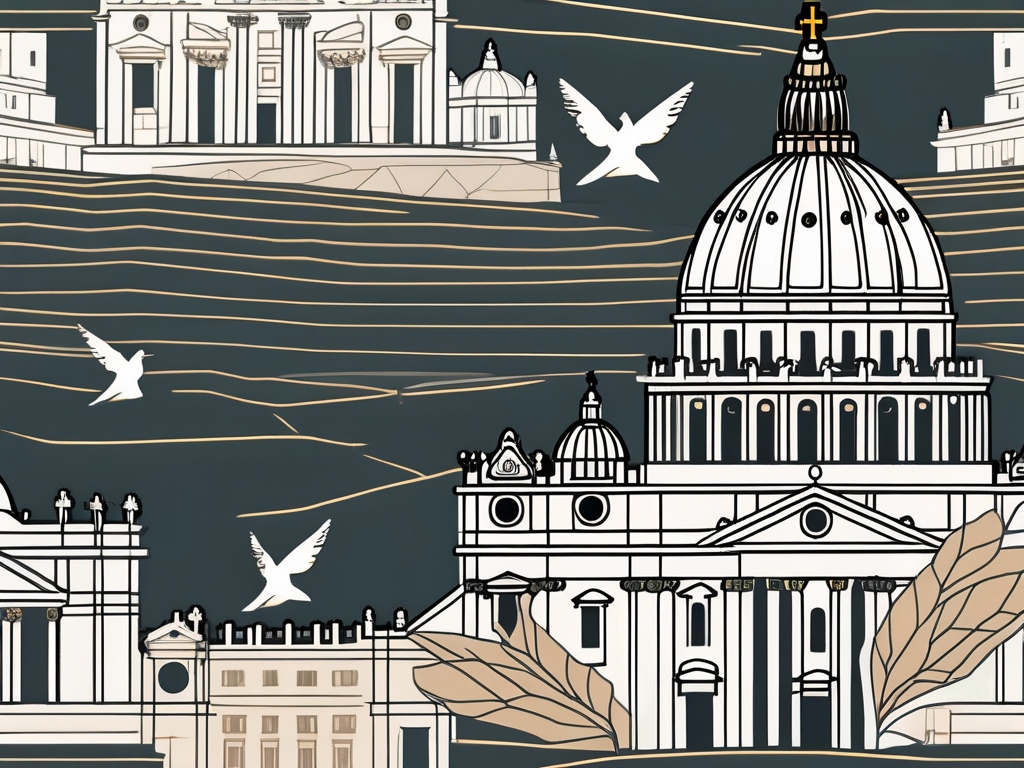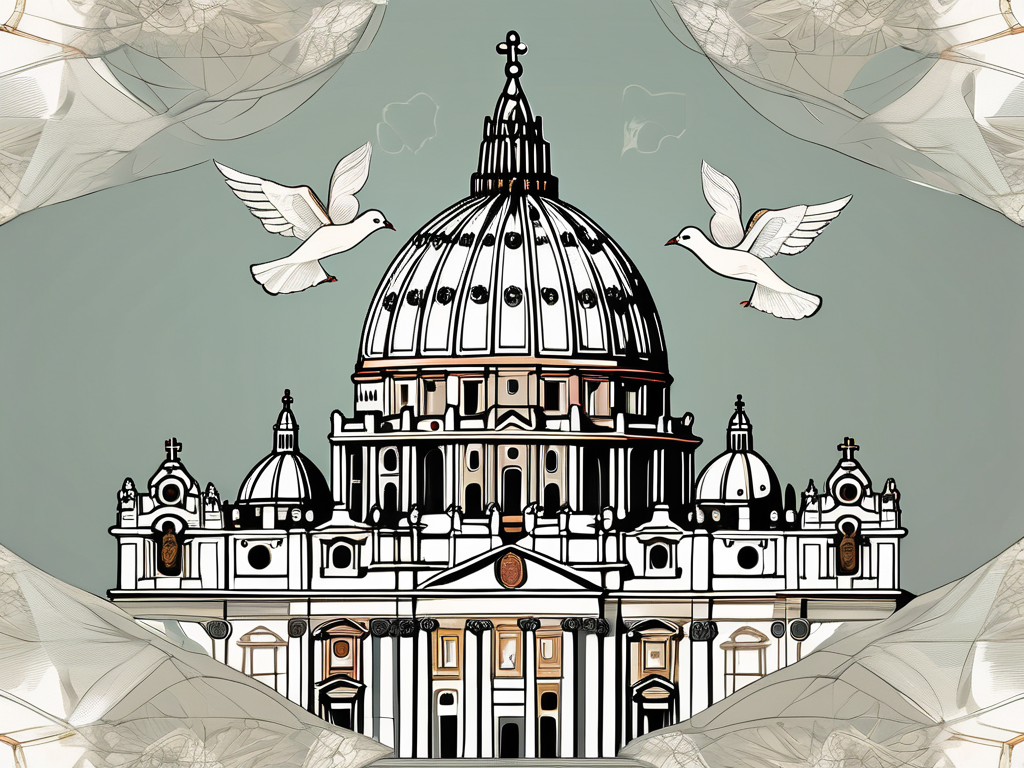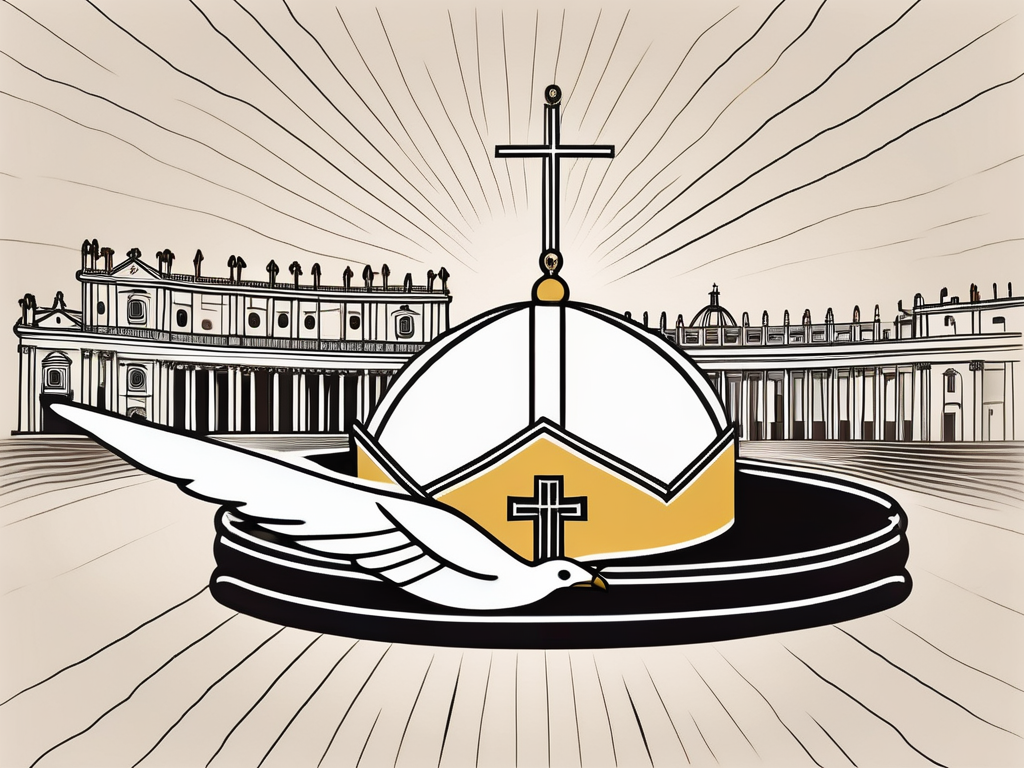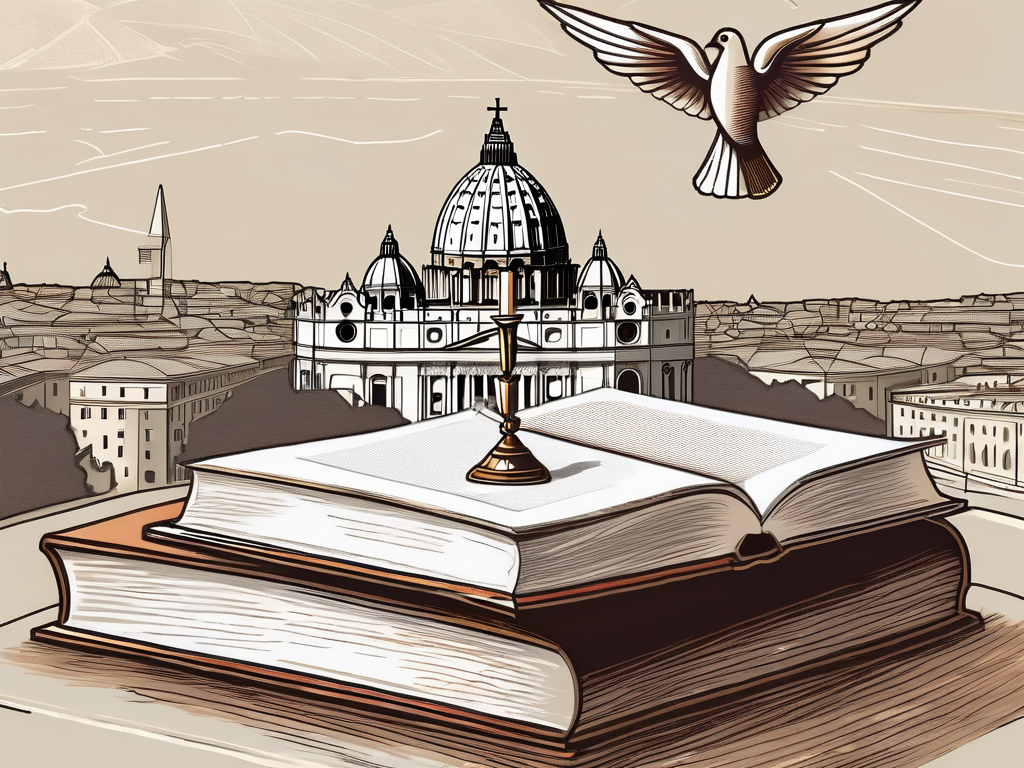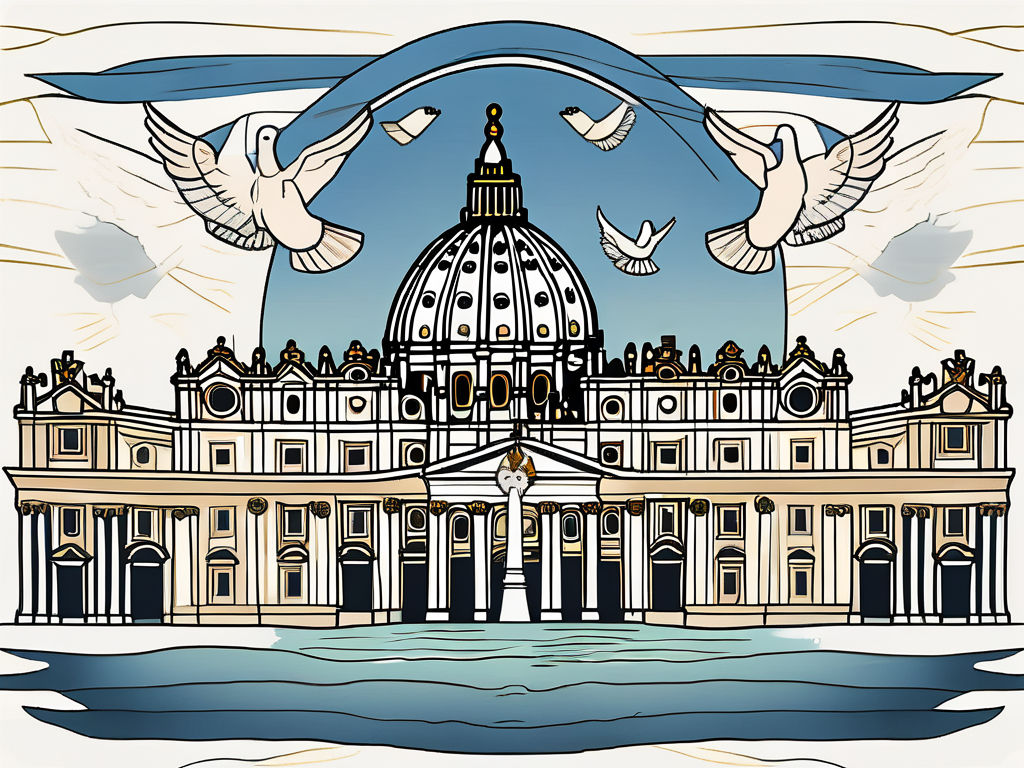Pope Gregory XII holds a significant place in the history of the Catholic Church for his contributions, his involvement in the Western Schism, and his ultimately controversial decision to resign from the papacy. Let’s take a closer look at the early life, achievements, and legacy of this remarkable pontiff.
Early Life and Education of Pope Gregory XII
Pope Gregory XII, born Angelo Correr, came from a humble background in Venice. Growing up in the 14th century, he was surrounded by the rich cultural heritage of Italy and was deeply influenced by the teachings of the Catholic Church. His family background reinforced his early interest in religious affairs and laid the foundation for his life’s dedication to the Church.
Angelo’s religious education began at an early age, with his parents fostering a strong devotion to Catholicism. They instilled in him the values of compassion, service, and faith, which would shape his character and guide him throughout his life. As a young boy, he would often accompany his parents to church, immersing himself in the rituals and traditions of the Catholic faith.
As Angelo grew older, his thirst for knowledge and understanding of the Church deepened. He sought out mentors and scholars who could expand his understanding of theology, scripture, and the history of the Church. His dedication to his studies was evident, as he spent countless hours poring over ancient texts and engaging in theological debates.
Recognizing his intellectual prowess and unwavering commitment to the Catholic faith, Angelo’s parents encouraged him to pursue higher education and consider a path to priesthood. With their support, he embarked on a journey to one of the renowned religious institutions of the time, where he would further refine his knowledge and strengthen his spiritual connection.
During his time in seminary, Angelo’s passion for the Church and his natural leadership abilities became apparent. He excelled in his studies, impressing both his professors and peers with his deep understanding of theology and his ability to articulate complex concepts with clarity and conviction. His humility and kindness endeared him to those around him, and he quickly became a respected figure within the seminary community.
As Angelo progressed through his education, he also began to develop a keen interest in the administrative aspects of the Church. He recognized the importance of effective governance and saw the potential for positive change within the institution. This newfound passion would later play a significant role in his papacy, as he sought to address the challenges and reforms needed within the Catholic Church.
Upon completing his studies, Angelo was ordained as a priest, marking the beginning of his official journey within the Church. His early career in the Church showcased not only his intelligence and theological acumen but also his unwavering commitment to his faith. He served diligently in various parishes, ministering to the spiritual needs of the faithful and providing guidance and support to those in need.
Angelo’s reputation as a compassionate and dedicated priest spread throughout the region, earning him the respect and admiration of both clergy and laity. His sermons were known for their eloquence and ability to touch the hearts of his listeners, inspiring them to deepen their faith and live virtuous lives.
As Angelo’s influence within the Church grew, so did his desire to contribute to the greater good of the Catholic Church. He recognized the need for reform and renewal, and he yearned to be a catalyst for positive change. Little did he know that his unwavering commitment to his faith and his dedication to the Church would eventually lead him to the highest office within the Catholic hierarchy – the papacy.
Ascension to Papacy
Upon being elected as Pope Gregory XII, Angelo faced numerous challenges that would shape his papacy. The Catholic Church was in the midst of the Western Schism, a period of division where multiple claimants pursued the papal office simultaneously. It was Pope Gregory XII’s duty to navigate through this tumultuous time and restore unity within the Church.
Despite the obstacles he faced, Pope Gregory XII approached his papacy with determination and a strong sense of purpose. He sought to address the pressing issues plaguing the Church, enhance its spiritual life, and unify the clergy and the faithful.
As Pope Gregory XII assumed his role as the leader of the Catholic Church, he recognized the urgent need to mend the deep divisions that had torn the Church apart. The Western Schism had caused confusion and discord among the faithful, with rival claimants vying for papal authority. Pope Gregory XII understood that the unity of the Church was paramount, and he dedicated himself to resolving this crisis.
With unwavering resolve, Pope Gregory XII embarked on a mission to bring about reconciliation and restore harmony within the Catholic Church. He engaged in diplomatic negotiations, tirelessly working towards a resolution that would reunite the divided factions. His efforts were not in vain, as he successfully brokered a series of agreements that led to the end of the Western Schism.
Recognizing that unity could not be achieved through political maneuvering alone, Pope Gregory XII also focused on revitalizing the spiritual life of the Church. He emphasized the importance of prayer, penance, and the sacraments, urging both the clergy and the laity to deepen their relationship with God. Through his teachings and personal example, he sought to inspire a renewed sense of faith and devotion among the faithful.
Pope Gregory XII’s commitment to unifying the clergy and the faithful extended beyond the walls of the Vatican. He embarked on numerous pastoral visits, traveling to different regions to meet with bishops, priests, and the faithful. These visits provided an opportunity for Pope Gregory XII to listen to the concerns and aspirations of the Church’s members, offering guidance and support where needed.
Under Pope Gregory XII’s leadership, the Catholic Church experienced a period of renewal and revitalization. His dedication to resolving the Western Schism and his efforts to strengthen the spiritual life of the Church left a lasting impact on Catholicism. Pope Gregory XII’s papacy serves as a testament to the power of leadership, determination, and faith in times of adversity.
The Western Schism
The Western Schism, which spanned nearly half a century, posed a substantial challenge to Pope Gregory XII’s leadership. During this time, multiple individuals claimed the papal throne, leading to confusion and division among the Catholic faithful. Gregory XII’s keen understanding of the situation and his diplomatic efforts played a crucial role in resolving this crisis.
As Pope, Gregory XII worked tirelessly to restore the unity of the Catholic Church. He navigated the complex political landscapes of the time, engaging in negotiations and dialogues with rival factions. His efforts to bring an end to the Western Schism were marked by determination, wisdom, and a genuine desire to heal the divided Church.
Notable Contributions and Reforms
Pope Gregory XII’s legacy extends far beyond his involvement in the Western Schism. His commitment to religious reforms and his diplomatic prowess left a lasting impact on the Church. Under his pontificate, the Catholic Church witnessed numerous significant changes that aimed to foster spiritual growth and strengthen its influence.
Gregory XII enacted various religious reforms and decrees to enhance the moral standards within the clergy and promote the spiritual well-being of the faithful. His efforts focused on combating corruption, improving the education of priests, and ensuring the proper administration of the sacraments.
Furthermore, Pope Gregory XII recognized the importance of diplomacy in advancing the Catholic Church’s interests. He engaged in diplomatic missions, establishing alliances with other nations and fostering dialogue between conflicting parties. His achievements in this area contributed to the Church’s influence on a global scale and gained respect and admiration from both ecclesiastical and secular leaders.
The Resignation of Pope Gregory XII
Towards the end of his papacy, Pope Gregory XII found himself faced with an ethical dilemma. In an extraordinary decision, he chose to resign from the papacy, becoming one of the few popes in history to voluntarily step down from the role. This unprecedented act had a profound impact on the papacy and would shape the future of the Church.
The reasons behind Pope Gregory XII’s resignation were complex and multifaceted. One of the key factors was the ongoing Western Schism, as his resignation was seen as a necessary step towards achieving a permanent solution and restoring unity within the Church. His courageous decision set a precedent for future popes, emphasizing the importance of selflessness, humility, and the greater good of the Church.
The resignation of Pope Gregory XII left a lasting impact on the papacy, strengthening the idea that the office of the Pope should be guided by the best interests of the Church and the spiritual welfare of the faithful.
Conclusion
Pope Gregory XII’s life and legacy continue to resonate within the Catholic Church and beyond. From his early spiritual upbringing to his remarkable contributions and ultimately his decision to resign from the papacy, Gregory XII exemplified leadership, commitment, and a deep sense of devotion to the Church and its followers. His unwavering dedication to resolving the Western Schism and his notable reforms exemplify his lasting impact on the Catholic Church, making him a significant figure in its history.
